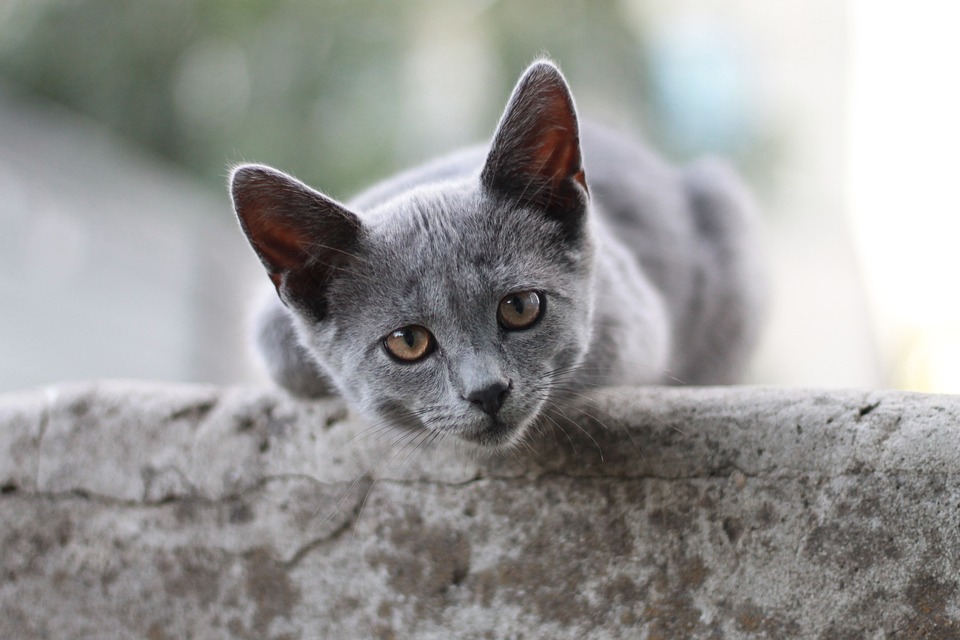Header: The Impact of Chattering on Bird Watching: How Noise Pollution Affects the Hobby
Introduction:
Bird watching is a popular hobby for nature enthusiasts and wildlife lovers alike. It offers a unique opportunity to observe and appreciate the beauty of birds in their natural habitats. However, the increasing levels of noise pollution, particularly the chattering sounds made by cats, can significantly impact the bird watching experience. In this article, we will explore how noise pollution affects the hobby and discuss the implications of chattering on bird watching.
The Effects of Noise Pollution on Bird Behavior
1. Disturbance and Disruption:
– The natural behavior of birds can be disrupted by excessive noise, leading to stress and anxiety.
– Loud chattering sounds made by cats can scare away birds, preventing their natural activities such as feeding, nesting, and mating.
– Birds may abandon their nests or breeding grounds in response to persistent noise disturbances.
2. Altered Communication:
– Birds rely heavily on vocalizations to communicate with one another.
– Noise pollution can interfere with bird calls, making it difficult for them to communicate effectively.
– Birds may struggle to locate their mates, defend territories, or warn others of potential dangers, which can disrupt their social dynamics and survival strategies.
3. Masking of Environmental Clues:
– Birds rely on their acute hearing to detect subtle sounds in their environment, such as approaching predators or prey.
– Chattering noises made by cats can mask these important auditory cues, making it harder for birds to detect potential threats.
– This compromised ability to perceive their surroundings can put birds at a higher risk of predation and reduce their overall fitness.
The Role of Cats in Noise Pollution
1. Chattering Behavior:
– Cats are natural predators, and their chattering behavior is an instinctive response when they observe potential prey.
– Chattering sounds are often accompanied by other vocalizations, such as chirping or trilling, which can be particularly disruptive to bird watching.
2. Outdoor Cats:
– Cats that roam freely outdoors have a higher chance of encountering birds and engaging in chattering behavior.
– The presence of outdoor cats near bird watching areas can significantly increase noise pollution levels and disturb bird populations.
3. Reducing Cat Impact:
– Responsible cat ownership, such as keeping cats indoors or providing safe outdoor enclosures, can help minimize the impact of chattering on bird watching.
– Implementing measures like bird-friendly fencing or deterrents can also discourage cats from approaching bird habitats.
Frequently Asked Questions (FAQs)
Q1: Can bird feeders attract more chattering cats?
A: Bird feeders can indeed attract cats, as they provide an opportunity for easy prey. Ensuring feeders are placed in areas that are difficult for cats to access or using cat-proof designs can help minimize the risk.
Q2: Are certain bird species more vulnerable to chattering disturbances?
A: Some bird species are more sensitive to noise disturbances than others. Ground-nesting birds and those with lower tolerance to human presence are particularly vulnerable.
Q3: Can playing recordings of chattering cats deter birds from nesting?
A: While playing recordings of chattering cats may initially deter birds from nesting, it is not a recommended long-term solution. Birds may habituate to the noise, or it can cause stress that negatively impacts their overall well-being.
Q4: Can bird watching enthusiasts contribute to reducing noise pollution?
A: Absolutely! Bird watchers can actively participate in citizen science projects that focus on monitoring noise pollution and its impact on bird behavior. By raising awareness and advocating for quieter environments, bird watchers can play a crucial role in mitigating noise pollution.
Conclusion:
Noise pollution, particularly the chattering sounds made by cats, can have a significant impact on bird watching. The disruption of bird behavior, altered communication, and masking of environmental clues are all consequences of excessive noise. Understanding the role of cats in noise pollution and implementing responsible cat ownership practices can help minimize the disturbance to bird populations and ensure a more enjoyable bird watching experience for all.








